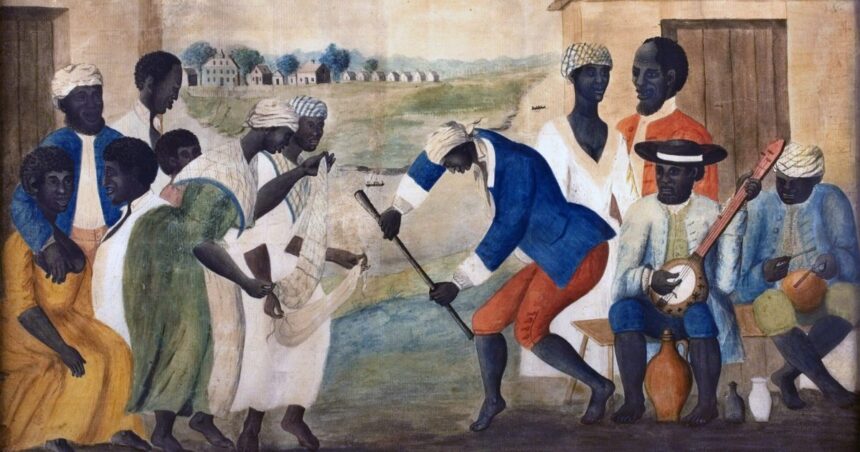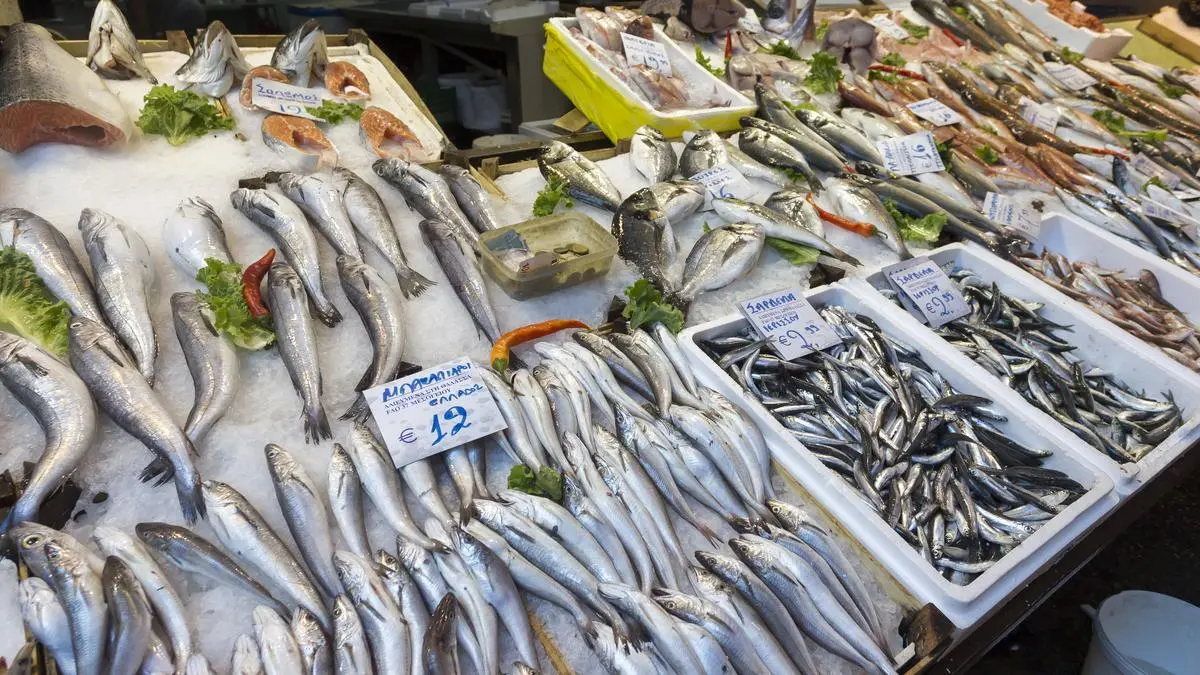To quote, please use:
Sytnik, An, 2025. The social networks of the world majority versus data colonialism. Russia in global affairs23 (2), pp. 71–74. DOI: 10,31278/1810-6374-2025-23-2-71-74
Alternative social platforms are a new phenomenon in the global digital environment, which gives some hope that the global information and communication space can the complete control of Western giants, whose actions are arbitrary and made up of their origin advice. New digital ecosystems are being developed worldwide to exchange audio, photos and videos, and in some cases to perform online financial transactions and more. They are created and adapted to specific regions, countries or language groups.
They reflect the cultural and legislative characteristics of local markets and compete against global players such as the American YouTube and Facebook[1] Or Chinese Tiktok. Alternative social platforms oriented in the countries of the instant messaging of the world majority, social networks, accommodation and transmission platforms, videoference services, educational platforms, electronic commerce, banking and other financial services. Examples of these platforms include both regional leaders with tens or only hundreds of millions or users: Vkontakte in Russia, Ayoba in Africa, Wechat in China, Moj in India, Line, Line[2] In Southeast Asia, or Rubika in Iran, as well as solutions at the beginning level, for example, Boithok in Bangladesh or Minly in Egypt. Therefore, according to the recently published report,[3] At the end of 2024, there were around 80 alternative social platforms in 133 countries.
Its emergency is driven by the desire of control states in Big Data and AI. Until now, control over globally popular social platforms has concentrated in the hands of large transnational corporations, which use it for political purposes and obtain benefits without compensating “donors” countries.
The global information and communication space has been developed in recent decades under the influence of large western corporations such as goal, X[4]and alphabet. The rapid growth in the popularity of such Giants of IT in the early 2000s formed a general idea of how the digital reality that surrounds us could be. At the same time, the information they collect has become a strategic resource to exercise the influence of state and non -state actors.
Personal, behavioral and geospatial data, as well as text messages, allow the analysis of public feelings and political activity, and support public messaging and maintenance of states security (EC, versus extremism).

In addition, data on international public can support digital diplomacy.

However, as well as inequality in access to goods, knowledge and power generated classical colonialism, the distribution of unique of these resources produces “colonialism of data”. Moreoover, we are witnessing the “artificial intelligence colonialism (AI)”: although the advanced AI is trained in the data of users around the world, its management is concentrated in the hands of some states and corporations, which adds to the impealance of power in Wormd.
The secondYou cannot find a no less significant reason for the emergence of alternative social platforms in the restrictive policies of transnational corporations, which undermine freedom of expression and produce instability for content creators. This has an obvious special bone since 2022, since US companies have reduced the visibility of Russian (‘derailed’) content on social networks, and deplied Russian media and individuals for political reasons, which has also stimulated preventive platforms. In response to this, in the last 17 years, 52 developing countries have blocked several Western social networks (mostly Americans), thus stimulating the development of national alternatives.
The third reason It is the opaque regulation of misinformation by digital ecosystems in the era of post-truth, chaos of information and social poliazación. Modern countermeasures are arbitrary, depending on politics, “ethical principles” and corporate standards. With the control concentrated in the hands of some corporations, the states struggle to neutralize the increasingly driven misinformation campaigns.
FinallyThe globalization of content and loss of the local context, given the rapid development of AI, have jeopardized the preservation of cultural heritage. Large social platforms often do not adapt to the needs of small nations, ethnic groups or poorly educated social groups. The subsidy of their data in the training of AI could even lead to their “digital extinction”, depriving small linguistic communities of equal access to innovations and marginalizing them political.
Therefore, local and regional social platforms help combat at least four challenges: colonialism of data, misinformation, deposit/derivation and the threat of the cultural heritage. These platforms strengthen digital sovereignty, which allows countries and regions to retain control over their data, technology and information environment, creating independent ecosystems for the exchange of knowledge and interaction.
* * *
Although alternative social platforms cannot yet compete with global at their disposal, the tendency towards sovereignty online will continue to gain impulse in the context of the growing geopolitical tensions. In the coming decades, we can expect the additional regionalization of technology, since the states and their associations pursue digital sovereignty.

Therefore, the social platforms of the world majority should be seen not only as local alternatives, but also as centers around which a community can determine its future development.

The training of ecosystems in world majority countries creates obstacles to the main powers and corporations that collect user data for their own purposes. The digital anti -colonist movement has already led to laws that require the national storage of social platform data. Cultural states and communities should continue to develop their own platforms to preserve and the National Popular National Heritage Archives and incorporating cultural-linguistic diversity in AI training to avoid bias.
Bringing platforms under the control of the states where they operate is an effective tool to protect the disinformation society. At the regional level, to address this challenge, regional centers can be created to monitor and analyze information. Worldwide, states must be represented proportionally in the development of universal rules to regulate social platforms and artificial intelligence.
This article is an edited version of the written article for the Valdai Discussion Club: https://valdaiclub.com/a/highlights/social-platforms of-the-world-majityity/
Artificial Intelligence Ethics as the Kingdom of International Discursive Competition
Natalia B. Pomozova, Nikolay V. Litvak
Althegh, the United States and China are leading in key indicators of the development of AI, Russia has good chances of occupying their niche in the ethical and discursive dimension of AI competition, thus joining states with similar dominant values.
Further
References
[1] Property of Meta Platforms Inc, which is recognized as an extremist organization and is prohibited in the Russian Federation.
[2] Blocked in the Russian Federation by Roskomnadzor.
[3] https://www.colastora.ru/doc/alternative_social_platforms_of_the_World_Majority.pdf
[4] X is blocked in the Russia Federation by decision of Roskomnadzor.
Further












